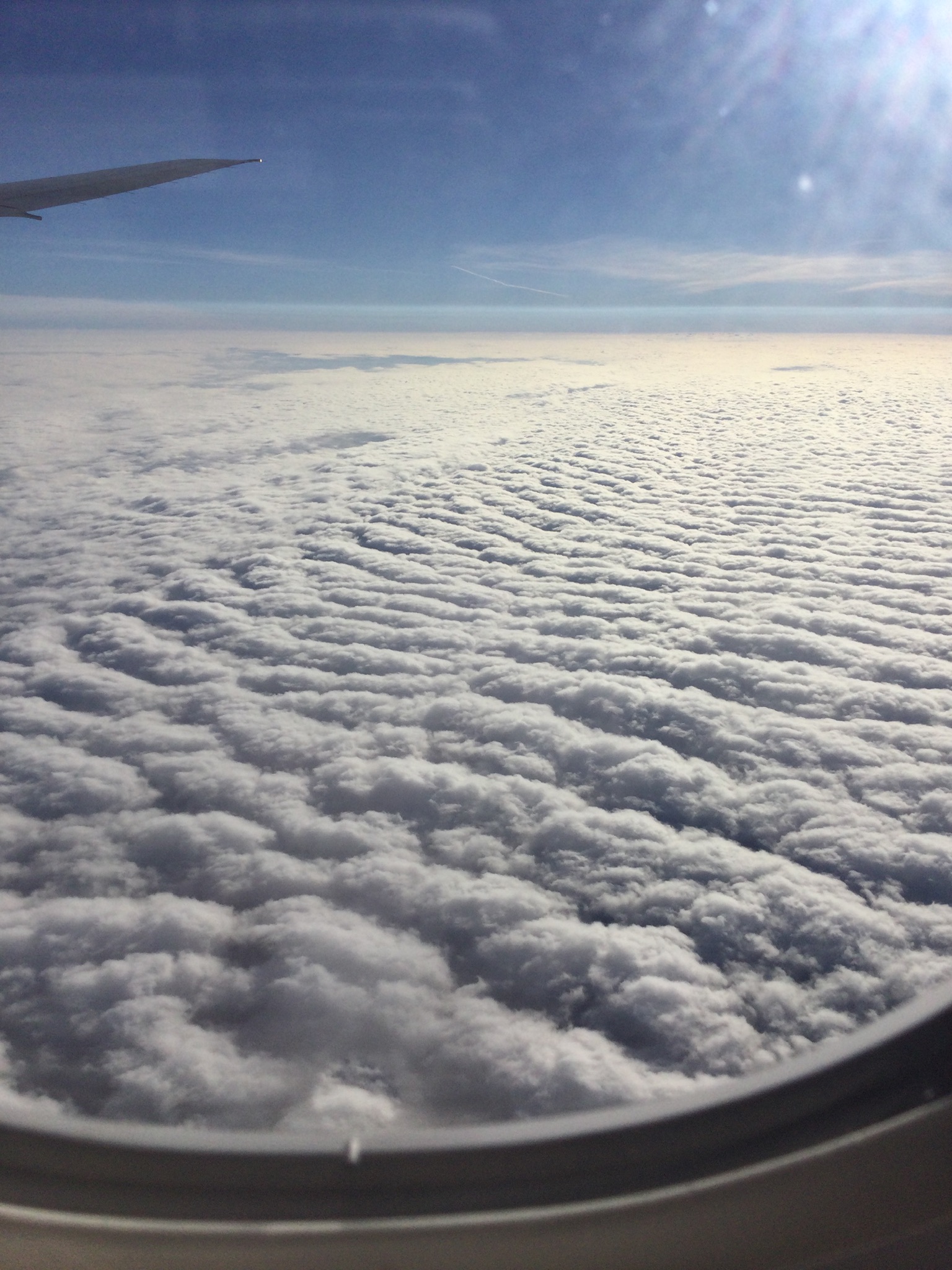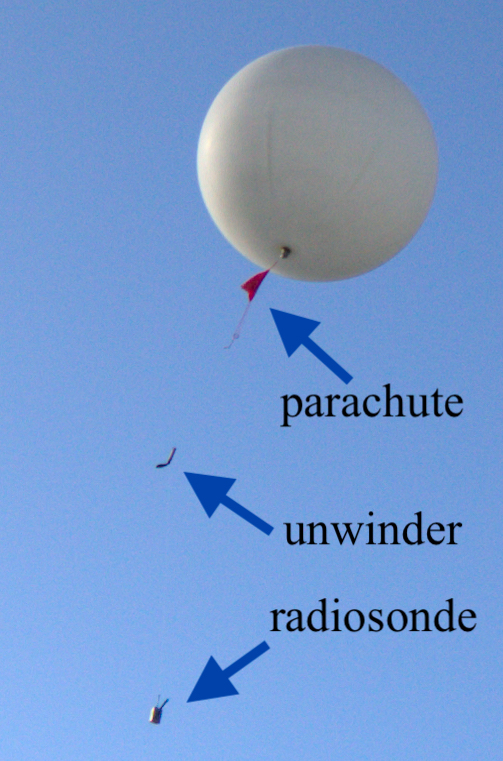NEBP Educational Courses
The Nationwide Eclipse Ballooning Project is at its core an education project. Our goal is that each student on a ballooning team has a seamless, positive, transformative and personalized learning experience that supports their career goals and interests. As such, we will provide significant structured educational support to the student participants as well as their adult mentors. While some educational opportunities will come through regional pod leaders and will be specialized for your region and focus areas, other educational opportunities will be presented in broad and flexible formats designed for participants across the nation to come together and learn with—and from—one another. We look forward to learning with you!
NEBP learning pathways will ensure that participating students acquire the necessary technical skills to participate fully in a balloon launch while also offering complementary non-technical skills for success in college, careers and life.
Technical Skills
Atmospheric Science Course

Engineering Course

Atmosperhic Science track topics
Basic meteorology
Skew-t plots and temperature lapse rate
Meteorological sensors
Measurement uncertainty and quality control
Geophysical fluid dynamics in the atmosphere
Atmospheric gravity waves
Weather research and forecast model (WRF)
Satellite observations
Review of previous eclipse observations and field campaigns
Radiosonde standart operating procedures and techniques
Structuring of teams for successful campaigns
Engineering track topics
Ground Station Assembly
Basic ballooning - lift, launch, retrieval, payload stringing
Balloon path prediction and balloon tracking
FAA requirements, cut down system, power supply use
Fundamental electronics, programming, and mechanics
Single board computers, attached sensors, and data loggers
Understanding and analyzing recorded data
GPS and camera systems
Radio and antennas on the payloads and ground station
Internet requirements for streaming data and balloon tracking
Contingency planning
Structuring of teams for a successful project
Career skills are driven primarily by learner choice and offer flexibility for each individual student to build their own relevant pathway. We will encourage participation by creating relevant, fun and engaging content; offering flexibility of delivery mode and schedule; and seeking ways to support students who desire “micro-credentials” such as certificates or digital badges. Examples of career skills trainings and opportunities will include science communication; diversity, equity, inclusion and access; teamwork; leadership; cultural approaches to science; and others.
- Students from Atmospheric Science and Engineering teams will have the same career skills opportunities.
- Career skills will be offered in multiple formats, including both regularly scheduled live (online) opportunities as well as online/self-paced opportunities, such as learning modules.
